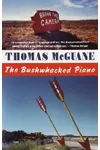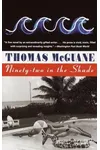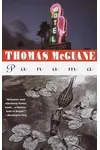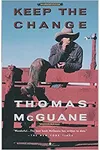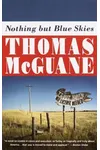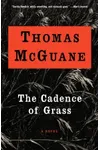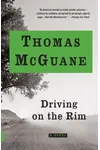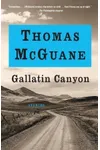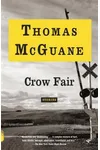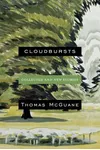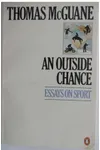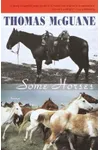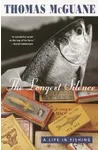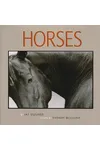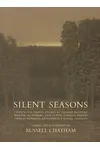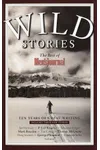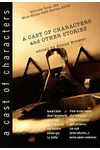Picture a rugged Montana rancher spinning tales of the American West with the wit of a comedian and the heart of a poet—meet Thomas McGuane! Born on December 11, 1939, in Wyandotte, Michigan, McGuane has crafted a literary legacy that blends outdoor adventure, sharp humor, and deep insights into human nature. His National Book Award-nominated novel Ninety-Two in the Shade launched him into the spotlight, but it’s his unique ability to capture the wild spirit of America’s landscapes and its people that keeps readers hooked.
From his early days as a rebellious dreamer to his induction into the Fly Fishing and National Cutting Horse Association Halls of Fame, McGuane’s life is as colorful as his prose. Let’s dive into the story of this literary icon whose pen is as mighty as his passion for the outdoors.
The Making of Thomas McGuane
Growing up in a tight-knit Irish Catholic family, McGuane’s childhood was shaped by a complex relationship with his alcoholic father and a love for storytelling inherited from his mother’s clan. His early years at Cranbrook boarding school and a Wyoming ranch sparked a lifelong passion for nature, fishing, and hunting. By age 16, he was dead-set on becoming a writer, a dream that led him to Michigan State University (BA, 1962) and Yale’s School of Drama (MFA, 1965). A Wallace Stegner Fellowship at Stanford gave him the space to pen his debut novel, The Sporting Club, a darkly comic tale that announced his arrival in 1969.
Thomas McGuane’s Unforgettable Stories
McGuane’s early novels, like The Sporting Club (1969) and The Bushwhacked Piano (1971), dazzled critics with their gonzo energy and satirical take on the 1960s counterculture. Ninety-Two in the Shade (1973), set in the sultry Florida Keys, remains his most iconic work, blending thriller-like tension with heartfelt humor as a young skiff guide faces off against a rival. It earned a National Book Award nomination and cemented his reputation as a “language star,” as Saul Bellow put it.
Over time, McGuane’s style evolved from psychedelic exuberance to a quieter, more contemplative tone, reflecting his Montana roots. Novels like Panama (1978), a raw, autobiographical exploration of personal chaos, and Driving on the Rim (2010), a freewheeling tale of a small-town doctor, showcase his knack for weaving tragedy and comedy. His short story collections, such as Gallatin Canyon (2006) and Cloudbursts (2018), and essay collections like The Longest Silence (1999), reveal his love for fly-fishing and the outdoors, earning praise for their lyrical precision.
McGuane’s writing is a love letter to the American West, but it’s his ability to find humor and humanity in flawed characters—drifters, ranchers, and dreamers—that sets him apart. His prose, often compared to Hemingway and Faulkner, dances between absurdity and profundity, making every page a delight.
Why Thomas McGuane Matters
Thomas McGuane’s impact stretches beyond literature. His vivid portrayals of the changing American West have reshaped how we see its landscapes and people, blending myth with gritty reality. His work has inspired writers like Jim Harrison and earned him accolades, including the 2016 Robert Kirsch Award for lifetime achievement. As a member of the American Academy of Arts and Letters, McGuane’s influence endures in both literary and outdoor communities.
By preserving his manuscripts at Montana State University and championing the arts, McGuane has ensured his stories live on. His ability to find meaning in life’s chaos resonates with readers seeking adventure and authenticity in a fast-changing world.
About Thomas McGuane
- Born: December 11, 1939, in Wyandotte, Michigan
- Key Works: Ninety-Two in the Shade, Panama, Cloudbursts, The Longest Silence
- Awards: Rosenthal Award, Robert Kirsch Award, National Book Award nominee
- Fun Fact: Inducted into the Fly Fishing and National Cutting Horse Association Halls of Fame
Snag Ninety-Two in the Shade or Cloudbursts and dive into Thomas McGuane’s wild, witty world of adventure and heart!

